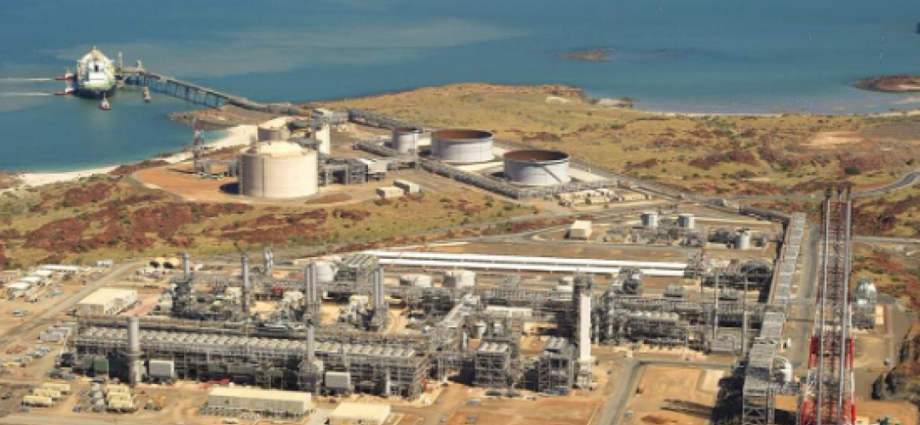Mozambique’s $60 billion+ liquefied natural gas (LNG) investment has been described as the second-largest industrial project in history, after the International Space Station. However, escalating security threats and shifting global energy policies are raising serious concerns about the project’s future.
Security Risks Threaten LNG Logistics in Cabo Delgado
Long-distance hauliers transporting goods for the LNG industry in Cabo Delgado have been urged to proceed with extreme caution due to ongoing Islamic militant activity in the region.
According to Mike Fitzmaurice, Vice President of the African Union’s Organisation for Transport and Logistics, the situation near the Rovuma Basin—where multinational energy companies have set up billion-dollar LNG operations—remains highly dangerous.
“It’s simply too dangerous, and if you absolutely have to [travel], it has to be under armed escort,” Fitzmaurice warned.
Despite a period of relative stability following intervention by the Rwandan Defence Forces and Southern African Development Community (SADC) forces, new attacks and kidnappings have been reported.
Some freight operators are now exploring alternative logistics solutions, including using ferries to Palma, the nearest port to the LNG fields, instead of navigating the high-risk roads from Pemba and Nacala.
UK Reevaluates $1.15 Billion LNG Investment Amid Climate and Security Concerns
Adding to the uncertainty, the UK government is reportedly seeking legal advice on whether it can withdraw its $1.15 billion funding from TotalEnergies’ $20 billion LNG project in Mozambique.
This move aligns with the UK’s climate commitments made at COP26, as the current government aims to phase out fossil fuel investments and accelerate the global energy transition.
In 2020, the UK’s Export Finance Agency committed $1.15 billion in loans and guarantees for the project’s development. However, following terrorist attacks in Cabo Delgado, TotalEnergies was forced to suspend operations less than a year later.
Now, as global fossil fuel financing comes under increased scrutiny, sources indicate that the UK government is concerned about potential legal repercussions if it pulls out of the agreement.
Global Investors Reconsider LNG Commitments
The UK is not the only country reevaluating its position. Other major backers of the Mozambique LNG project are also reassessing their involvement:
🇳🇱 The Netherlands is reviewing whether to reissue $1 billion in export credit insurance.
🇺🇸 The U.S. is hesitant to approve new loans for TotalEnergies.
🇫🇷 France’s TotalEnergies is now scrambling to secure new investors to keep the project on track.
With the project timeline already delayed from 2024 to 2029, the financial uncertainty could result in further postponements, cost overruns, or restructuring of financing agreements.
Mozambique’s LNG Future Hangs in the Balance
Despite its potential to transform Mozambique’s economy and boost energy exports, the LNG project is caught between security threats, shifting energy policies, and investor hesitancy.
If the UK and other backers withdraw funding, TotalEnergies and the Mozambican government will need to find new financial partners to ensure the project’s survival.
With growing global pressure to transition away from fossil fuels and continued instability in Cabo Delgado, the future of one of Africa’s biggest industrial investments remains highly uncertain.




